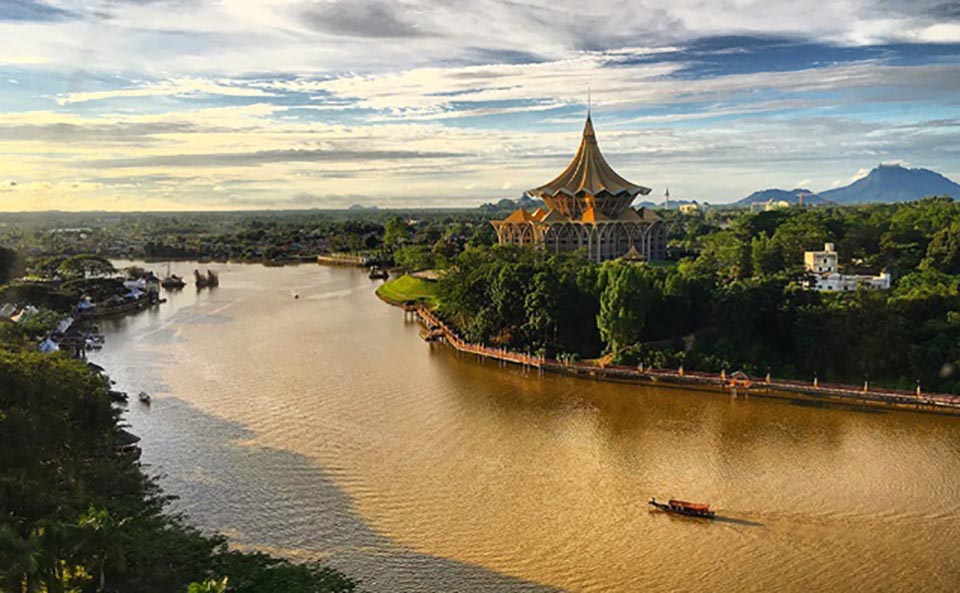
Indonesia’s parliament has approved a bill to relocate the nation’s capital from Jakarta to a site deep within the jungle of Kalimantan on Borneo Island, in the most significant advancement of an idea that the country’s leaders have been toying with for years.
The new state capital law, which provides a legal framework for President Joko Widodo’s ambitious $32 billion mega project, stipulates how development of the capital will be funded and governed.
Planning Minister Suharso Monoarfa told parliament after the bill was passed into law that “The new capital has a central function and is a symbol of the identity of the nation, as well as a new center of economic gravity.”
The finance ministry said the initial relocation will start from between 2022 and 2024, with roads and ports prioritized to enable access, and some projects operating as public private partnerships.
Plans to move the government away from Jakarta, a megacity of 10 million people that suffers from chronic congestion, floods and air pollution, have been floated by multiple presidents, but none have made it this far.
Jokowi, as the president is known, first announced his plan in 2019, but progress was delayed by the global pandemic.
The new city has a name chosen by him – Nusantara, a Javanese term for the Indonesian archipelago – but no timeframe has yet been set for finalization of the project, and Jakarta will remain the capital until a presidential decree is issued to formalize the change.
Nusantara would follow in the footsteps of new capitals in other countries, notably Brazil and Myanmar.
The government said in a statement that it will strengthen supply chains and place Indonesia “in a more strategic position in world trade routes, investment flows, and technological innovation.”
Southeast Asia’s largest economy has envisioned the new capital as a low-carbon “super hub” that will support pharmaceutical, health and technology sectors and promote sustainable growth beyond Java Island.
However, critics say the law was rushed through with limited public consultation and environmental assessments.
 |
 |
 |





